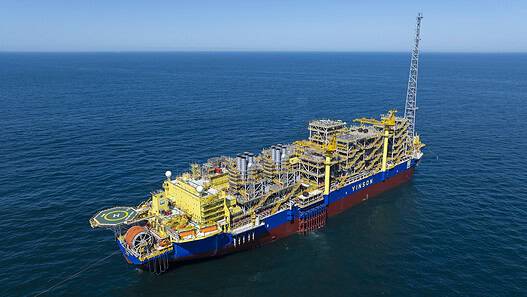Includes historical data for Brazil’s Gross Domestic Product growth, debt-to-GDP ratio and more, as well as information on trade, banking and financial sector leadership.
A Commodities Export-Driven Economy
A powerhouse in Latin America, Brazil is also one of the top 10 economies in the world by gross domestic product. Its strength is largely based on the export of raw commodities such as soybeans, sugarcane, coffee, iron and crude petroleum. Along with finance, real estate and services, other key industries include automobile manufacturing, renewable energy and construction.
Foreign investors enjoy equal legal rights as domestic investors across most economic sectors. As a result, in recent years, the country has received over half of Latin America’s total FDI inflows. Weaknesses include the state’s involvement in many areas of the economy, a high level of public debt and cumbersome bureaucracy.
Macroeconomy & Sovereign Data
| Type of Government | Federal Presidential Republic |
|---|---|
| Capital | Brasilia |
| Sovereign Ratings |
S&P: CCC+ Moody’s: Caa1 Fitch: CCC |
| Total Population | 205.4 million |
| Median Age | 34.0 |
| Adult Per Capita Income (PPP) | 22,707.10 |
| Total GDP (2023) | 2.3 trillion |
Brazil GDP & Economic Overview
Most Recent Content
Brazil
Banking & Finance
Trade & Investment
| Total Exports | USD 241.7 billion (2023) |
|---|---|
| Leading Exports |
Iron Soybeans Crude Petroleum Sugar Poultry Meats |
| Total Imports | USD 374.4 billion (2022) |
| Leading Imports |
Refined Petroleum Vehicle Parts Crude Petroleum Integrated Circuits Pesticides |
| Source: | World Integrated Trade Solution |
Brazil Leading Companies
| Petrobras | Oil & Gas Exploration & Production |
|---|---|
| Vale | Metals & Mining, Iron & Steel Producers |
| Ambev | Consumer Staples, Brewers |
| JBS Foods | Consumer Staples, Meat Processors |
| Cielo | Financials |
| Itaú Unibanco | Financials |
Major Trade Partners — Import
| China | 23% |
|---|---|
| United States | 18% |
| Argentina | 5% |
| Germany | 5% |
| India | 3% |
Major Trade Partners — Export
| China | 31% |
|---|---|
| United States | 11% |
| Argentina | 4% |
| Netherlands | 3% |
| Chile | 3% |
Global Finance Rankings & Awards
Data Sources:
UN World Population Prospects
World Inequality Report
S&P Global Ratings
Moody’s
Fitch Ratings
IMF Direction of Trade Statistics (DOTS)
UN Conference on Trade and Development (UNCTAD)
CIA The World Factbook
World Bank’s World Integrated Trade Solution
Forbes Global 2000







